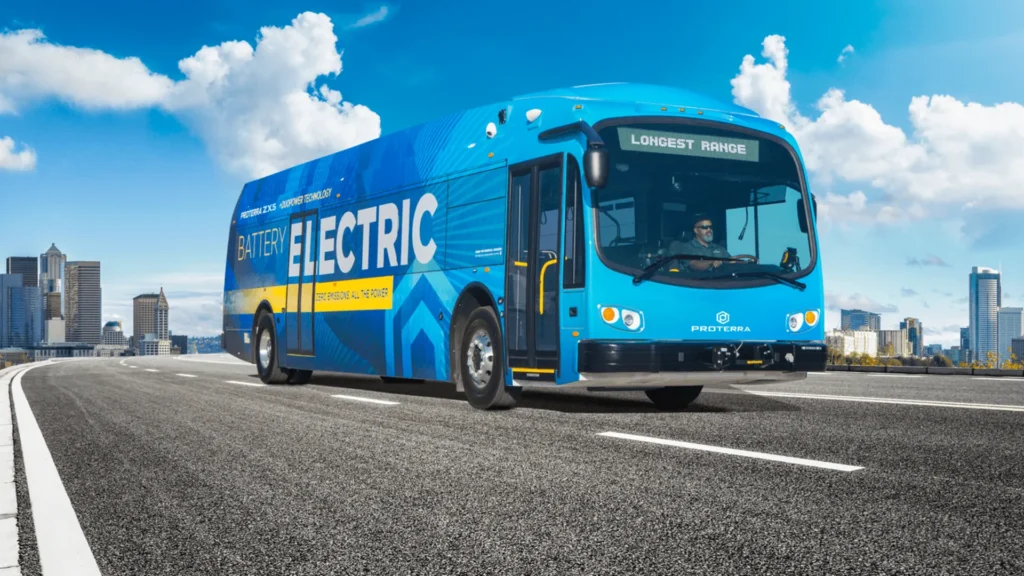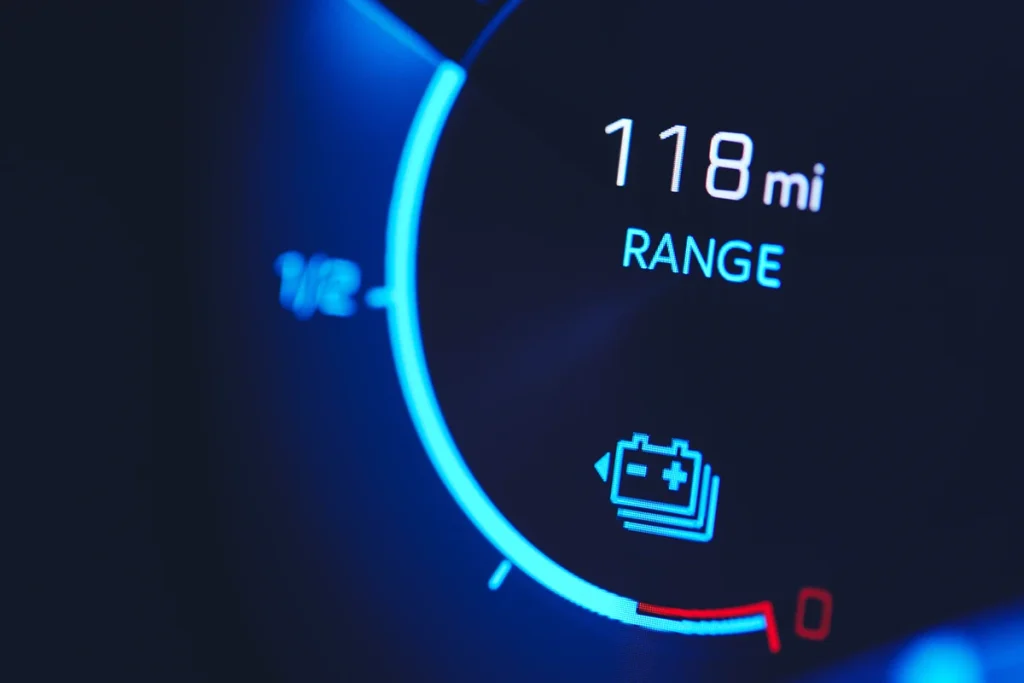Proterra, the California-based company specializing in all-electric buses and electric vehicle components such as battery packs and charging stations, filed for Chapter 11 bankruptcy protection.
Featured Image credit: axios
Proterra was founded in 2004 with the vision of revolutionizing public transportation by developing and producing electric buses. Over the years, the company gained recognition for its cutting-edge technology and environmentally friendly approach. Their buses were not only emission-free but also boasted impressive range capabilities, making them an attractive choice for many transit agencies looking to transition to greener alternatives.
The rise in popularity of electric vehicles in recent years seemed promising for Proterra’s future prospects. As cities worldwide started adopting ambitious sustainability goals and investing heavily in renewable energy infrastructure, Proterra appeared well-positioned to capitalize on this growing market demand.
However, despite its initial success and numerous accolades received along the way, it struggled financially as it faced intense competition from other players in the industry.
The company has been experiencing rapid expansion since going public in 2017 and raising over $400 million. These groundbreaking buses have received extensive media coverage and were once valued at $1.6 billion. Proterra had sold more than 800 buses to customers in the US and Canada and had planned to expand its operations to Europe and China. However, Proterra was burdened with mounting debt and struggled to obtain the additional funding necessary to meet expenses.
In January, Proterra revealed its intention to implement a restructuring plan that involved consolidating electric bus and battery production in South Carolina. As part of this strategic action, the company announced its decision to reduce approximately 300 jobs.
In order to address these challenges, it made the decision to file for bankruptcy. This step will allow the company an opportunity to restructure its debt and seek new investors who can provide the necessary support for its operations. Despite this development, Proterra remains committed to serving its customers by continuing to provide service and support for its existing fleet of electric buses.
Proterra’s bankruptcy filing serves as a reminder that innovation alone may not guarantee success in today’s rapidly evolving markets. Factors such as cost competitiveness, scalability, regulatory support, infrastructure development, and economic conditions all play pivotal roles in determining outcomes within industries driven by sustainability goals.
It could also lead to a decrease in the availability of electric buses, as well as a slowdown in the adoption of electric buses by transit agencies. This may result in fewer companies remaining in the electric bus industry, leaving fewer options for transit agencies, who rely on these buses for their operations.
In order to remain competitive and survive, the EV industry will need to adapt and find new ways to provide electric buses to the public. Without the necessary support from both the private and public sectors, it may continue to struggle, potentially leading to a further setback in the industry.


